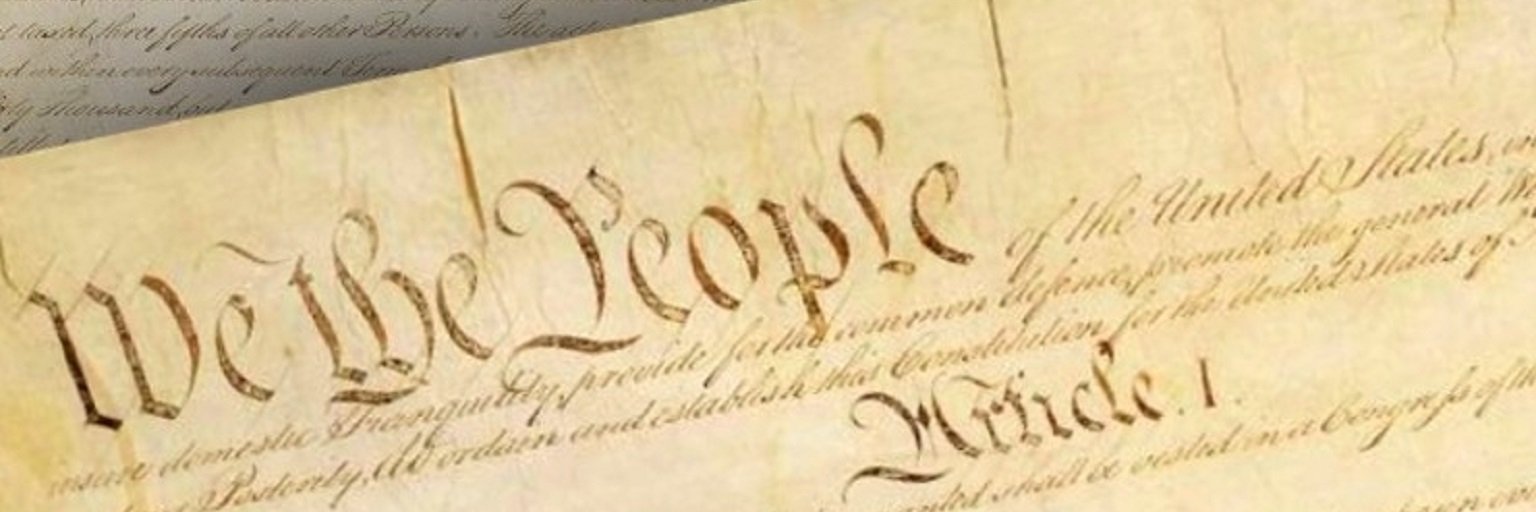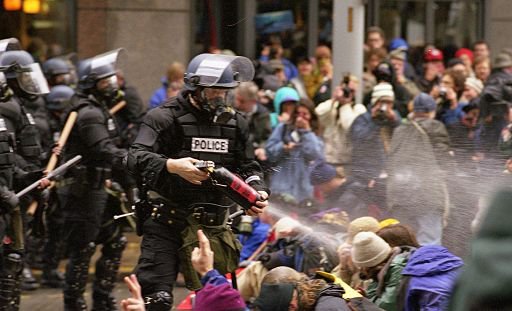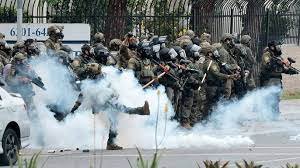ECHOS OF THE AMERICAN REVOLUTION II
By Thomas Salem Moore
Twenty years ago, the United States of America still called itself free, at least, more free than what followed. Its leaders were elected, its press still printed headlines, its people still believed the slogans: We The People. Land of the Free. Life, Liberty, and the Pursuit of Happiness. Then came the emergency decrees, the surveillance, the blacklists. Freedom disappeared, not with a revolution, but with applause.
Destiny Rayne was one of the first to be taken. A journalist and historian, she’d written an essay titled The Fragility of Truth in an Age of Fear. That was enough. She was arrested under the Smith Act and sent to an “Internal Concentration Camp,” an industrial complex hidden in the mountains.
Fifteen years ago, she vanished.
Those who survived later said she kept to himself, thin and quiet, always scribbling in the margins of old ration forms. She was not a preacher, nor a martyr—just a woman trying to remember what words once meant.
One winter night, she fell into a fever that lasted three days. On the third, she dreamed.
She dreamed of a town square filled with people, not in protest but in revelation. The TV screens that once broadcast news, which we know now was state propaganda, now showed the faces of the dead. The men who ruled the nation—the ministers, the generals, the architects of the silence, the leaders in government, elected officials, church leaders, religious fanatics, teachers, professors, military, police officers—stood on a stage surrounded by cameras broadcasting to the world. Their power had dissolved. Their empires of lies were laid bare.
No one cheered. No one jeered. They simply looked.
The truth was enough.
In the dream, Destiny saw students marching through the streets carrying candles. She saw families reclaiming names once erased from history. She saw the archives that disappeared finally opened, every file, every photograph, every number.
When she woke, the fever was gone. She asked for a scrap of paper, and when one of the prisoners handed her a piece of packaging, she wrote what she saw. She hid the page inside a crack in the wall and said only, “Someone will need to remember.”
Two weeks later, her name was crossed from the camp ledger.
Fifteen years passed. The regime collapsed in its own corruption and brutality. And during the reconstruction, engineers clearing the ruins of this Camp found a sheet of paper sealed inside a rusted pipe.
The words were faded but clear.
“Truth does not die. It only waits for eyes brave enough to see it.”
The message spread across social media like wildfire, was printed in newspapers, etched into monuments. For a time, it became the conscience of a nation learning again how to speak freely.
And somewhere, in the silence that follows every tyranny, it still waits—for those willing to listen.




